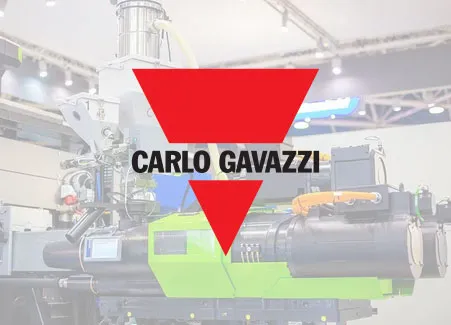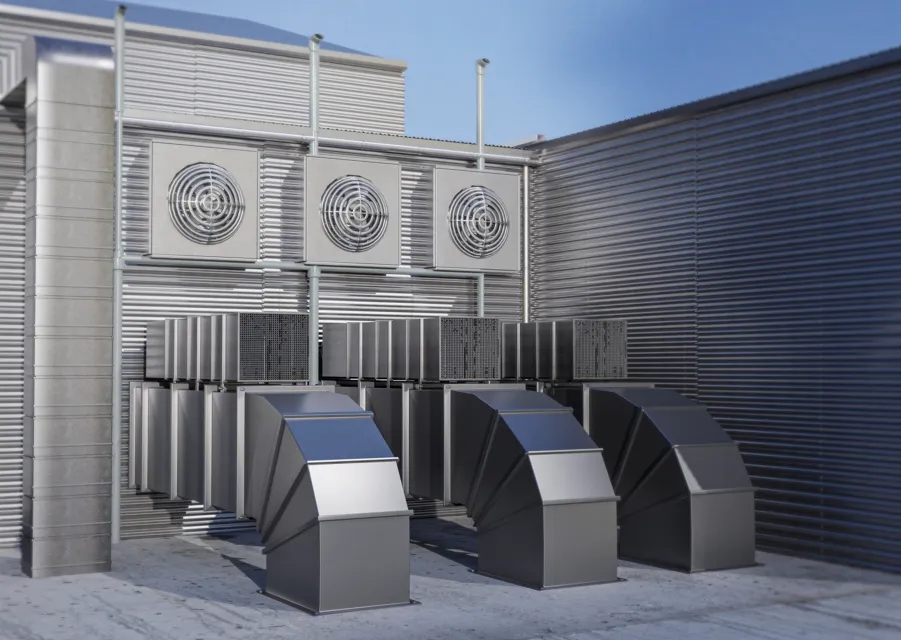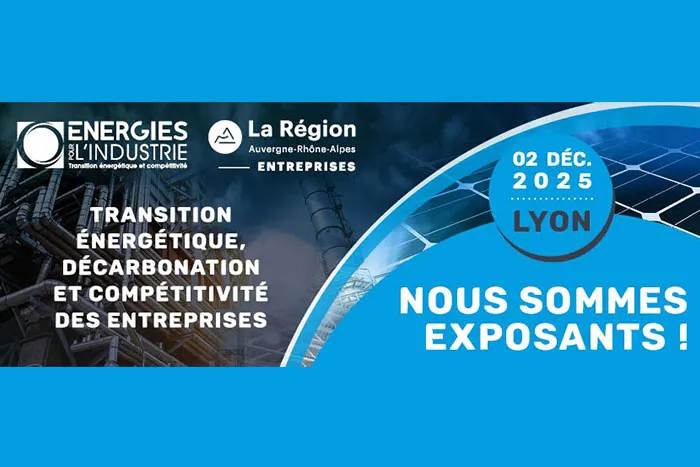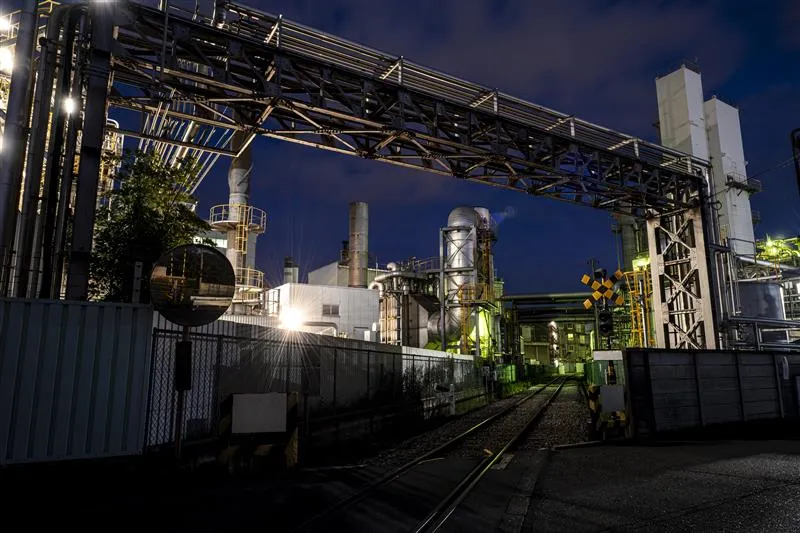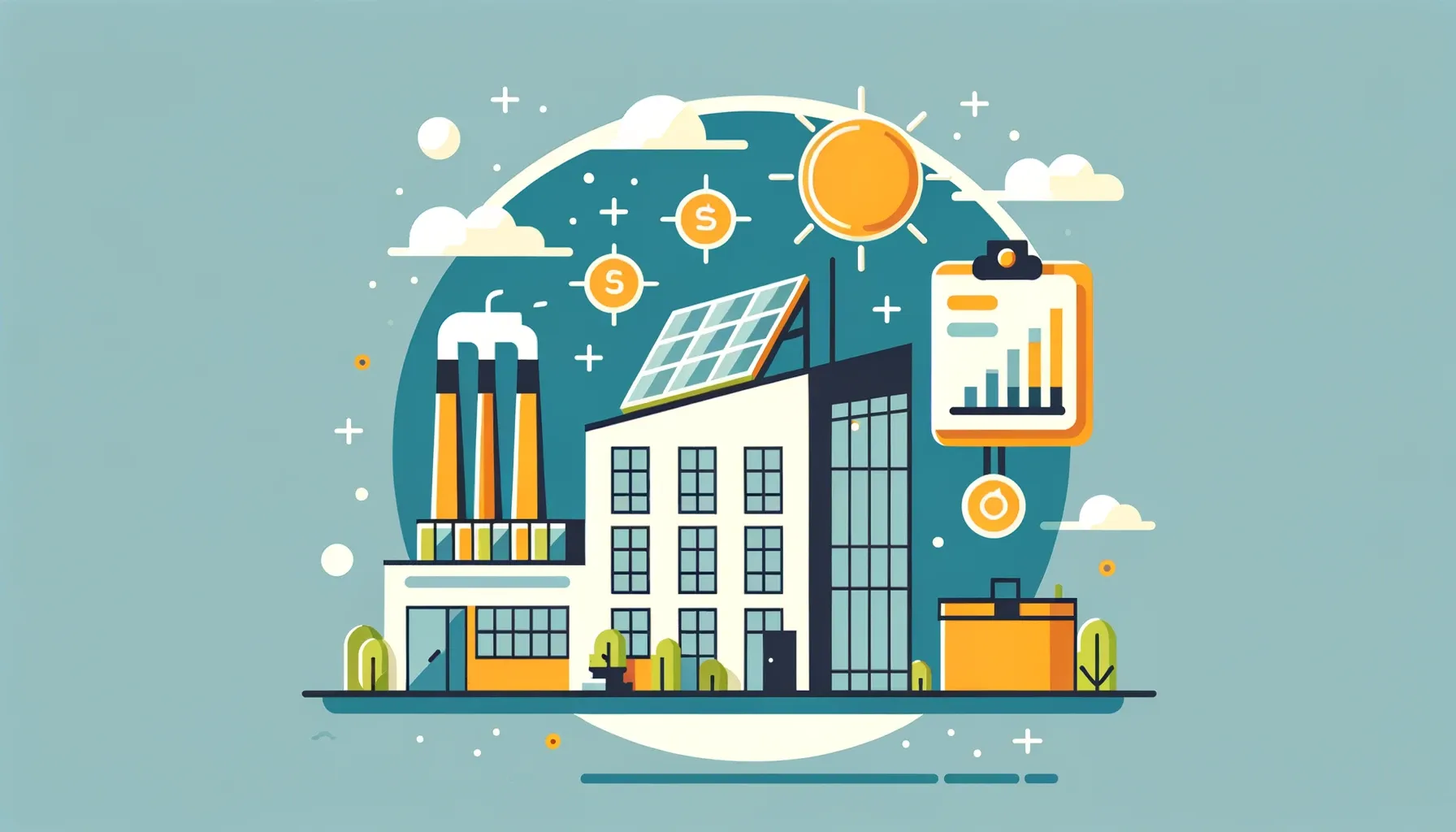
Decret tertiaire : What Industrial Companies need to know
The Décret Tertiaire mainly applies to tertiary-use buildings, but it can also affect industrial companies
The Décret Tertiaire is a decree that can have a significant impact on industrial companies, whether you own tertiary buildings or are wondering about your potential subjection to this decree. In this article, we will delve into the specific aspects of the Décret Tertiaire for industrial companies, and provide you with the essential information to understand and meet this regulatory obligation.
Who is subjected to the Décret Tertiaire ?
The Décret Tertiaire mainly applies to tertiary-use buildings, but it can also affect industrial companies who own administrative buildings, offices, or commercial premises. The buildings concerned by the Décret Tertiaire are as follows :
- Tertiary premises of more than 1000 m² of surface area.
- Partially tertiary premises of more than 1000 m² of tertiary surface area, only on this part.
- Sets of buildings on the same site, hosting a cumulative surface area of tertiary activity of more than 1000 m². A site is equivalent to a set of buildings sharing a common energy delivery point (ENEDIS or GRDF for example).
Key obligations for industrial companies :
Once you have determined your subjection to the Décret Tertiaire, here are some of the key obligations you must comply with :
- Energy consumption reduction : You will need to implement measures aimed at reducing the energy consumption of your tertiary premises. Reduction targets are set for each decade until 2050.
- Monitoring and Reporting - with DAT'POWER : you will need to set up energy consumption monitoring and produce regular reports on your energy performance. Our DAT'POWER solution is specifically designed to help you accomplish this task and integrates directly with OPERAT, the ADEME platform, to automatically push the consumption data you measure, thus simplifying your regulatory compliance.
- Action plan : In case of non-compliance with reduction targets, you will need to develop and implement action plans to improve the energy efficiency of your tertiary premises. Our energy experts are capable of assisting you in setting up and implementing your energy action plan.
How to know if you are subject to the Décret Tertiaire ?
If you have doubts about whether you are subject to the Décret Tertiaire, here is a simple method to check :
Calculate the surface : Measure the total surface area of all your tertiary premises, including offices, commercial spaces, etc.
Check deadlines : Consult the deadlines set by the decree for declaring the first reference year and ensure you meet these deadlines.
Consult our experts : If you still have uncertainties, it is wise to consult our energy efficiency experts to help you determine your status regarding the Décret Tertiaire.
Do not hesitate to contact us via our online form to obtain information about the Décret Tertiaire and monitoring your energy consumption.

